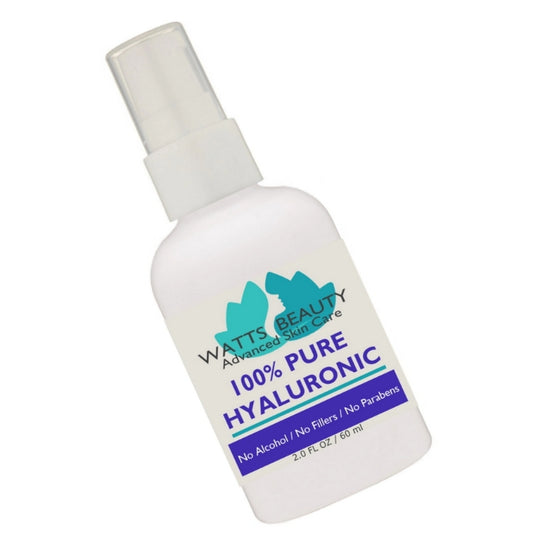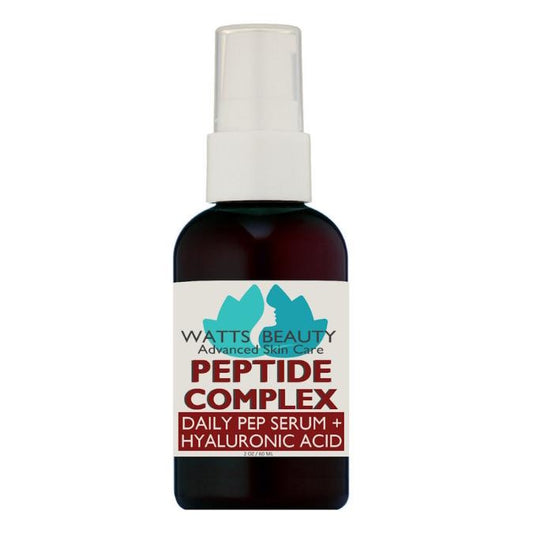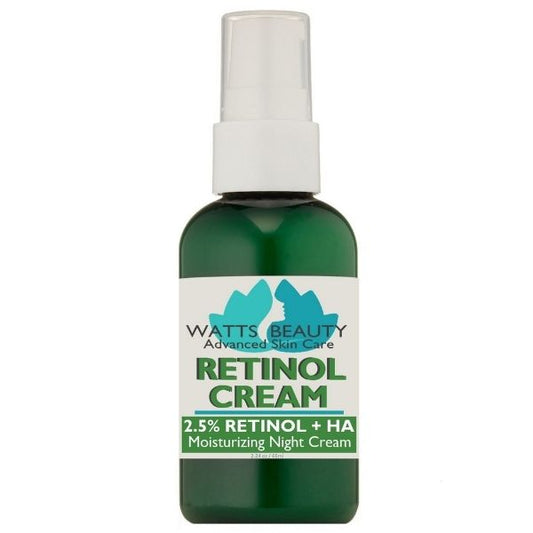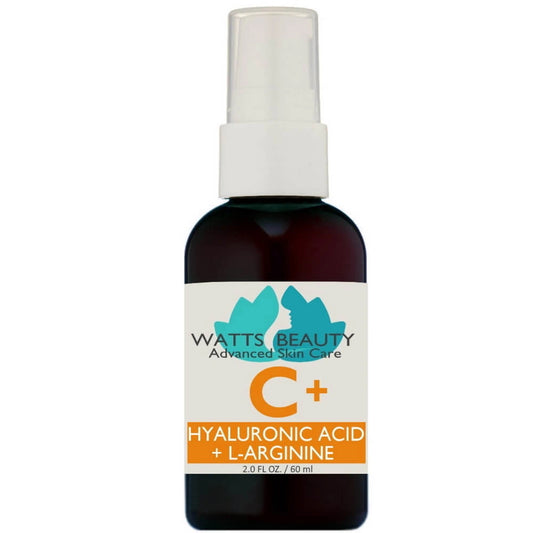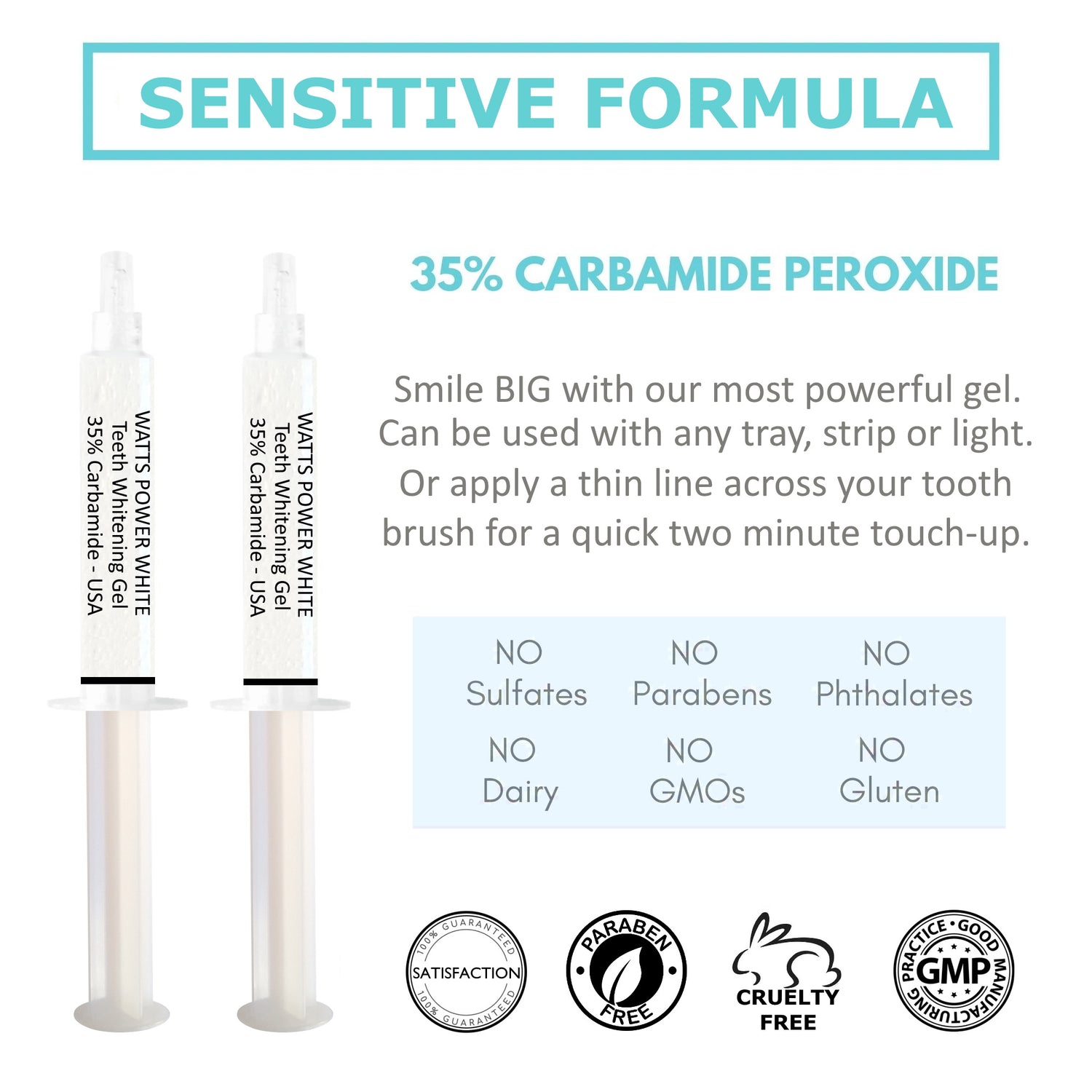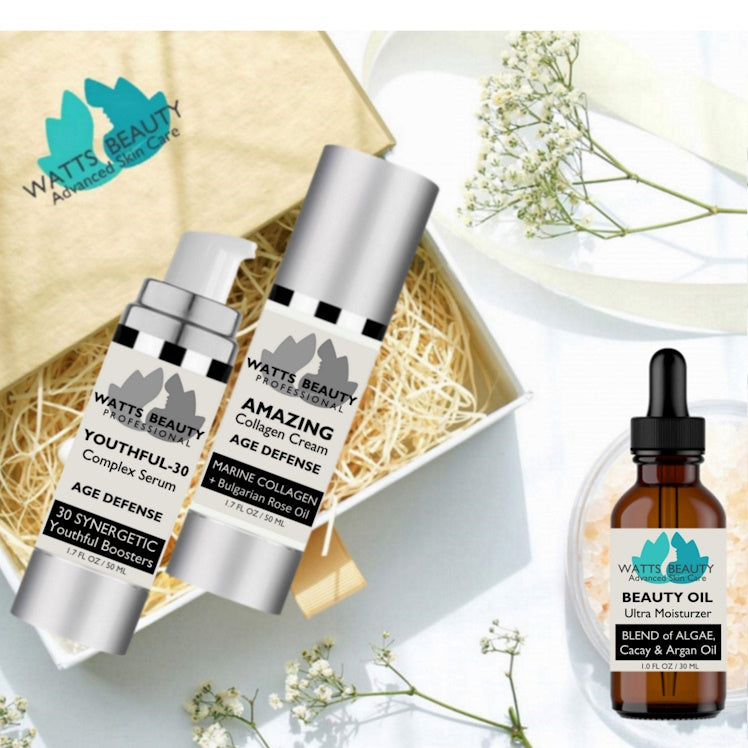Sustainable Skincare: Why It's the Future of Beauty
Quick Listen:
The beauty industry is experiencing a transformative shift, one that is making waves in how products are formulated, produced, and consumed. With the rise of eco-conscious consumers, sustainable skincare has emerged as a pivotal movement in the beauty sector. This revolution is not just about what's best for our skin; it's about what's best for the planet too. Sustainable skincare prioritizes eco-friendly practices, promoting natural, ethical ingredients while focusing on waste reduction, making it an integral part of the future of beauty.
In this article, we will explore why sustainable skincare is gaining such momentum, how it reshapes the beauty industry, and why it's poised to be the future of personal care.
What is Sustainable Skincare?
Sustainable skincare refers to products that are created with the well-being of both individuals and the environment in mind. This includes using natural, ethically sourced ingredients, adopting energy-efficient production methods, and minimizing the environmental footprint through eco-conscious packaging. Sustainable skincare brands are also transparent about their ingredient sourcing and production processes, ensuring that their impact on the earth is minimal and responsible.
At its core, sustainable skincare embraces a holistic approach to beauty, emphasizing that what we put on our skin should not only be kind to us but also to the planet. As the global conversation about climate change, waste, and sustainability intensifies, the beauty industry is responding by shifting away from harmful practices toward more environmentally responsible alternatives.
The Growing Consumer Demand for Eco-Conscious Beauty
In recent years, consumers have become more informed and selective about the products they purchase. Beauty shoppers are increasingly driven by the desire to make more sustainable choices, and this is evident in the increasing popularity of natural beauty products. According to a 2023 survey by McKinsey Company, 60% of consumers actively seek out sustainable beauty options, indicating a clear preference for brands that offer eco-friendly and ethical products.
The global beauty industry, once known for its use of synthetic chemicals, plastic packaging, and wasteful production processes, is now confronting the demand for change. Consumers are prioritizing brands that demonstrate a commitment to environmental sustainability, whether it's through cruelty-free practices, plastic-free packaging, or fair trade ingredients.
Sustainable Sourcing: Natural and Ethical Ingredients
The backbone of sustainable skincare lies in the ingredients used. Sustainable beauty brands are increasingly turning to natural, organic, and ethically sourced ingredients that have a minimal impact on the environment. These ingredients are grown without harmful pesticides or chemicals, ensuring the health of ecosystems and the workers who harvest them.
One of the key aspects of sustainable sourcing is ethical farming practices. Many sustainable skincare brands support local farmers and small-scale agricultural operations, ensuring fair wages and working conditions. By choosing such ingredients, these companies create a more equitable supply chain, encouraging long-term environmental stewardship.
For example, plant-based oils such as jojoba, argan, and coconut are commonly used in sustainable skincare formulations. These oils are not only nourishing for the skin but are also often sourced from sustainable farming operations that preserve biodiversity and reduce harmful farming practices. This focus on sourcing helps minimize the impact of industrial agriculture, which can often result in deforestation, water depletion, and the use of toxic chemicals.
Sustainable Packaging: Reducing Waste
Packaging is one of the most significant contributors to waste in the beauty industry. Every year, millions of plastic containers and bottles are discarded, contributing to the growing problem of plastic pollution. Sustainable skincare brands are addressing this challenge head-on by adopting eco-friendly packaging solutions.
Many brands are opting for glass, aluminum, or recycled plastic containers, as these materials are easier to recycle and have a lower environmental impact compared to traditional plastics. Others are turning to biodegradable or compostable packaging, reducing the amount of waste that ends up in landfills. Some brands even offer refillable options, allowing consumers to reuse their product containers and reduce their overall environmental footprint.
In addition to materials, sustainable skincare brands are also committed to reducing the amount of packaging they use. Minimalist packaging, which requires fewer resources to produce, is becoming a common feature of eco-conscious beauty products. Through these efforts, sustainable skincare brands are helping to combat one of the most pressing environmental challenges of our time: plastic waste.
Energy-Efficient Production and Ethical Manufacturing
Beyond the ingredients and packaging, sustainable skincare also focuses on ethical production practices. This means minimizing energy consumption, reducing carbon emissions, and ensuring that manufacturing facilities adhere to fair labor practices. Many brands are adopting renewable energy sources, such as solar or wind power, to run their production processes, further reducing their environmental impact.
In addition to energy conservation, sustainable skincare brands are also mindful of the water used during production. Water scarcity is an ongoing issue in many parts of the world, and sustainable beauty brands are working to reduce their water consumption through more efficient production methods and sustainable water management practices.
Equally important is ensuring that workers within the supply chain are treated fairly and ethically. Many sustainable skincare brands collaborate with fair trade organizations to ensure that the workers who produce their ingredients are paid fairly and work in safe, humane conditions. By supporting such practices, these brands contribute to both environmental sustainability and social equity.
The Impact of Sustainable Skincare on the Beauty Industry
The rise of sustainable skincare is driving significant changes in the beauty industry. As more consumers embrace sustainability, brands are forced to rethink their practices, from product development to marketing strategies. The beauty industry is no longer just about glamour; it's about responsibility and accountability.
The shift toward sustainability is also encouraging innovation within the beauty industry. Brands are investing in research and development to create new, eco-friendly formulations and packaging solutions. For example, some companies are experimenting with plant-based plastics, while others are developing waterless beauty products that reduce the need for water in production.
As the demand for sustainable skincare grows, it also influences broader trends in the beauty industry. Many conventional beauty brands are now incorporating sustainability into their product offerings, such as launching eco-friendly lines or transitioning to greener packaging. This shift signals that sustainable skincare is not a passing trend but a movement that is reshaping the future of beauty.
Why Sustainable Skincare is the Future of Beauty
Sustainable skincare is not just a passing trend; it is the future of the beauty industry. As consumers become increasingly eco-conscious and demand more ethical, transparent, and environmentally friendly products, sustainable skincare will continue to gain prominence. Brands that fail to embrace sustainability risk falling behind as consumers gravitate toward companies that align with their values.
Moreover, as the beauty industry becomes more attuned to the needs of the planet, sustainable skincare will continue to drive innovation. From biodegradable packaging to sustainable sourcing of ingredients, the future of skincare will be marked by eco-friendly practices that protect the environment and promote ethical business practices.
Sustainable skincare is ultimately about creating a harmonious balance between beauty and environmental responsibility. By supporting brands that prioritize sustainability, consumers are not only making a positive impact on their own well-being but also contributing to a healthier planet for future generations.
Sustainability in Skincare
The future of beauty is sustainable. The rise of sustainable skincare reflects a broader societal shift toward greater environmental consciousness and responsible consumption. As consumers demand products that are not only effective but also ethical and eco-friendly, the beauty industry is evolving to meet these expectations. Sustainable skincare is here to stay, and as it continues to grow, it will shape the beauty landscape for years to come. Through natural ingredients, ethical sourcing, reduced waste, and energy-efficient production, sustainable skincare is proving that beauty and sustainability can, and should, go hand in hand.
Disclaimer: The above helpful resources content contains personal opinions and experiences. The information provided is for general knowledge and does not constitute professional advice.
You may also be interested in: FAQ Watts Beauty USA
Frustrated with skincare products that overpromise and underdeliver? Your medicine cabinet tells the story of broken promises. Watts Beauty was created by medical professionals who understand this frustration. Our clinically tested formulas deliver visible results at affordable prices - professional-grade ingredients starting at just $13. Each purchase also helps domestic violence survivors rebuild their lives. Join thousands of satisfied customers who've discovered skincare that keeps its promises. Shop now and reveal your radiant skin today!
Powered by flareAI.

